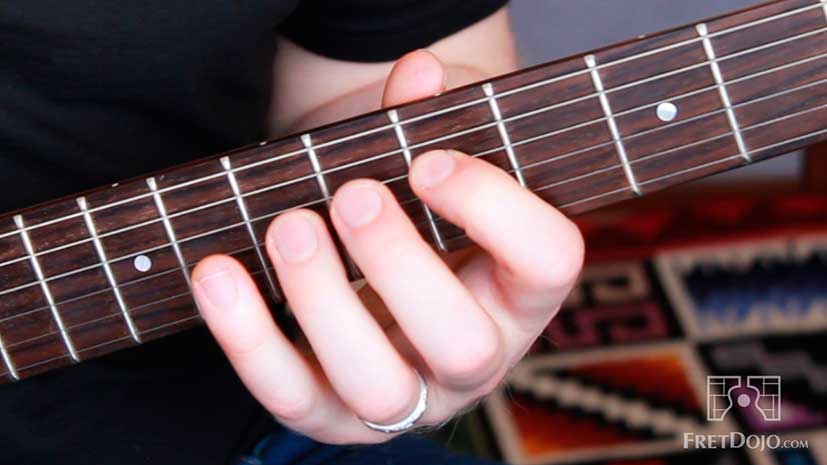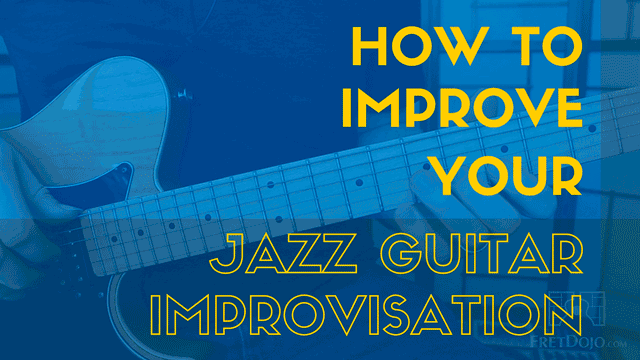Comping, i.e. playing the chords in the rhythm section, often considered to be an afterthought for many a jazz student.
But here’s the thing:
Ironically, as a jazz guitarist it’s the MOST important skill you will probably ever acquire.
5 reasons why:
#1. It’s the thing you spend 90% of the time doing on the bandstand. At some gigs you might only take a few solos here and there, but without a doubt – you’ll be comping the whole night long.
#2. Comping can be just as creative as soloing – the possibilities in rhythmic placement, chord inversions, and interactions with the other musicians are endless.
#3. It helps you develop the rhythm feel in your playing overall, which is the most important thing in jazz.
#4. Getting your comping solid can improve your “fretboard literacy”, which will in turn enable you to have more security when you solo. E.g Joe Pass often talked about the way he thought in terms of chord shapes to help him navigate the fretboard. and…
#5. If you are a skilled at comping and can keep the rhythm section moving, you’re much more likely to be booked for more gigs in the future.
Wrap Up
I hope you found awesome tips in the video.
What are your exciting ideas and thoughts on this topic?
Let me know in the comments.
Greg O’Rourke
Founder, FretDojo
World Leader in Online Jazz Guitar Education


I use older dance band chords or Bart chords ext your chord dictionary shows mainly t roads using the lower strings.which should i use?
you need to have comping lessons over standards that start out basic and move into chord soloing. I would love to purchase a series on this topic over 4 or 5 tunes
Keep in mind the difference between rhythm backup and comping.
WORKING ON UPPER EXTENSIONS 3 TO 4 NOTES ONLY, LIKE THE SOUNDS AND PULLING RESOLUTIONS. ANY THOUGHTS APPRECIATED!